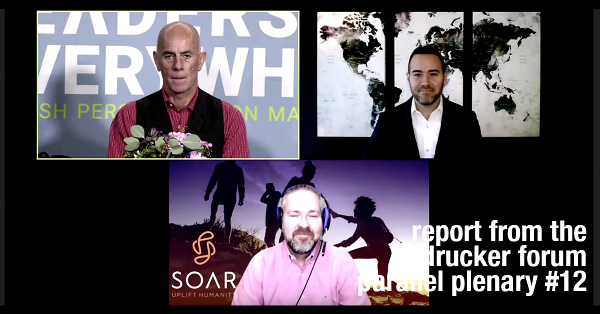The quality of leadership is important for a well-working society. Still, good leaders seem to be rare according to Raymond Hofmann. A poll of the participants seemed to bear out his assumption, as 93% voted that there is a leadership problem in the world[…]
Continue reading








